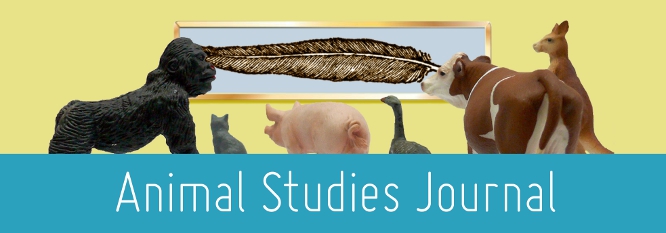Home > assh > ASJ > Vol. 5 (2016) > No. 2

Abstract
What does it mean to study the intersection of environment, animals and literature, at this juncture in human history? How might it manifest at the level of an individual poet’s work, with what consequences? This paper approaches these questions through the poetry of Pulitzer Prize-winning American poet, Anne Sexton. Sexton’s poetry has been exhaustively studied for its psychological dimensions and forcefulness, for her treatment of madness, suicide, and family relationships in particular. Despite a high density of animal imagery, this animal element is conventionally skimmed over. This article argues that animal presences constitute a minor but unavoidable strand amongst the ways in which she constructed her world, that concern for the animals themselves and for anthropogenic environmental damage is not absent. She was not, as she said, a polemicist, but she could not have written as she did without being cognisant of animal-rights and environmentalist language around her; she figured herself repeatedly as consumed like commercial animal products, and also saw a mode of organic animality, in quasi-folkloric, even animist terms, as central to her pervasive religious searching.
Recommended Citation
Wylie, Dan A. Prof, Anne Sexton's Environmental Animality, Animal Studies Journal, 5(2), 2016, 134-160.Available at:https://ro.uow.edu.au/asj/vol5/iss2/7
Included in
American Literature Commons, Creative Writing Commons, Feminist, Gender, and Sexuality Studies Commons

